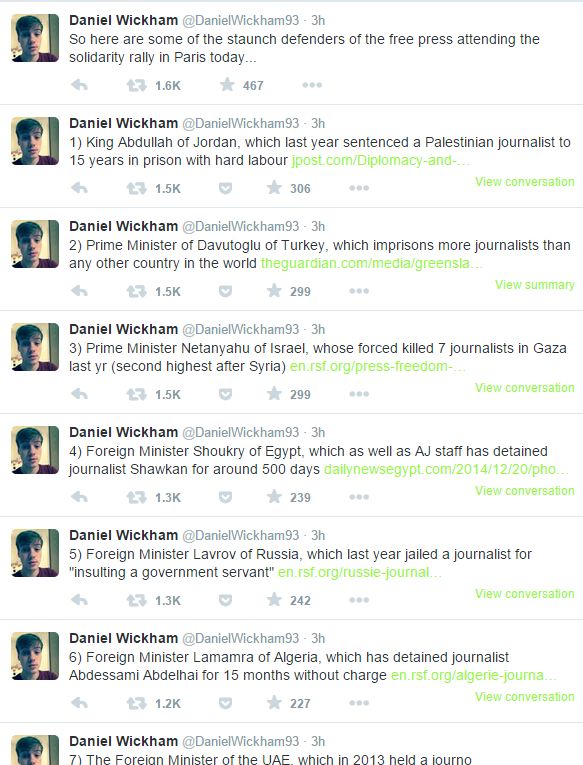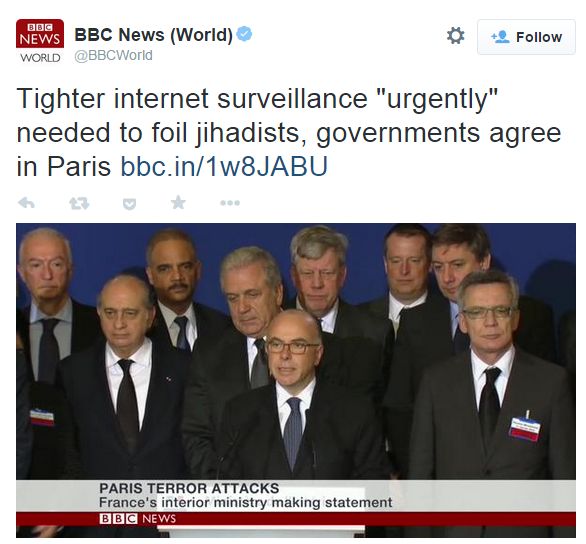In his great piece “Unmournable Bodies”, which I wholeheartedly recommend reading, Téju Cole writes:
We may not be able to attend to each outrage in every corner of the world, but we should at least pause to consider how it is that mainstream opinion so quickly decides that certain violent deaths are more meaningful, and more worthy of commemoration, than others. […]
Western societies are not, even now, the paradise of skepticism and rationalism that they believe themselves to be. The West is a variegated space, in which both freedom of thought and tightly regulated speech exist, and in which disavowals of deadly violence happen at the same time as clandestine torture. But, at moments when Western societies consider themselves under attack, the discourse is quickly dominated by an ahistorical fantasy of long-suffering serenity and fortitude in the face of provocation. Yet European and American history are so strongly marked by efforts to control speech that the persecution of rebellious thought must be considered among the foundational buttresses of these societies. Witch burnings, heresy trials, and the untiring work of the Inquisition shaped Europe, and these ideas extended into American history as well and took on American modes, from the breaking of slaves to the censuring of critics of Operation Iraqi Freedom. […]
Rather than posit that the Paris attacks are the moment of crisis in free speech—as so many commentators have done—it is necessary to understand that free speech and other expressions of liberté are already in crisis in Western societies; the crisis was not precipitated by three deranged gunmen.
Daniel Wickham has just posted this series of tweets, spicing up the “staunch defenders of the free press attending the solidarity rally in Paris today” with a little context, I’ve made them into a list over here. An excerpt:

